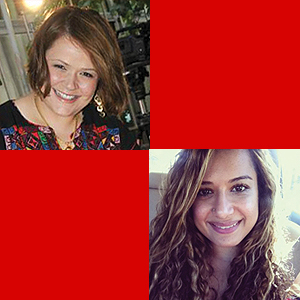Up till middle school and early high school years, I can remember going to the shoemaker to fix my shoes. I remember him flexing my favorite brown boots in directions I did not think possible and then expertly mending their soles and heels. I do not recall exactly where the shoe shop was, but I get a nostalgic feeling that points to Al-Bireh near al-hisbeh (open market). The shoemaker is long gone, and his old shop is not recognizable. A pang of pain shoots through me every time I think of the old man, and I yearn for the good old days.
Why would we spend an entire issue looking at disappearing professions? Aren’t there current professions and projects worth highlighting instead of taking a trip down memory lane? And are we taking a trip down the tunnel of history only to respond to nostalgic urges? To each question, each one of us will have an answer. For me, a look into the past is an act of perseverance. It is a way to preserve memory and to revel in the cultural heritage we have. It allows us to understand why our own parents feel nostalgic about certain foods or smells, or why they yearn to visit al-munajjid one more time.
Dr. Ali Qleibo’s Jerusalem is definitely not the same city that his father experienced in Ottoman times nor is it the same city that his daughter experiences today. Each remembers a particular smell or taste of the city, each experiences the city differently, but all share a common love for this ever-changing place and space.
We also take you to the streets of Nablus to meet the tarboush maker, the motaher, the sabot maker, and all kinds of professions that have left signs of their history in the small alleyways of Nablus, Jerusalem, and all other Palestinian cities and villages.
History is not just battles, great victories and losses, but the small stories about our first shoe, dress, and memory. History is tiny steps that build communities, love stories, and generations that will never forget.
We hope you enjoy this little collection of interviews, dreams, and pictures, both mental and physical. We hope you feel proud of a country that has held so much humanity in the midst of all this violence that kills souls and imaginations. Thank you for reading and remembering.


